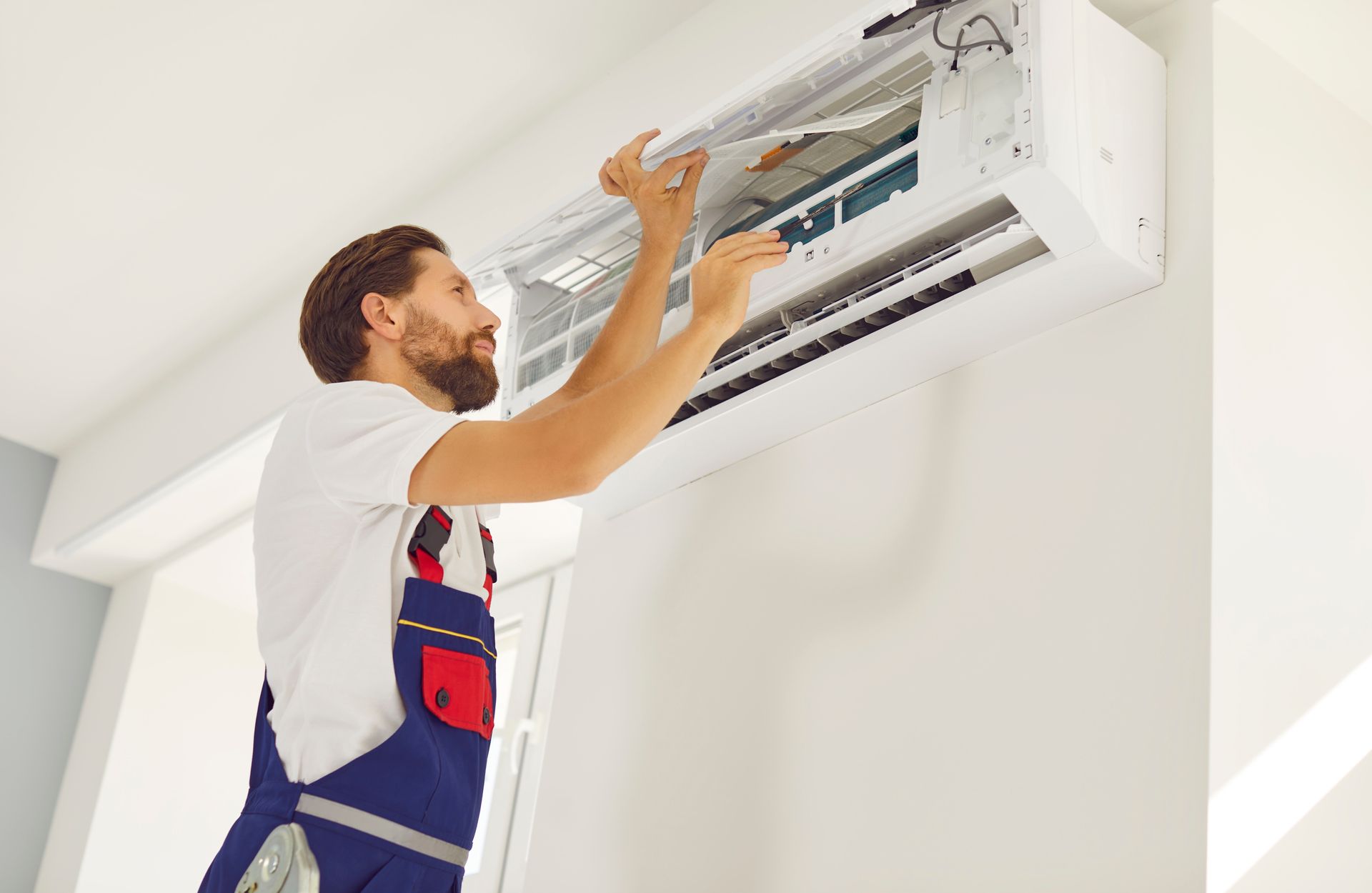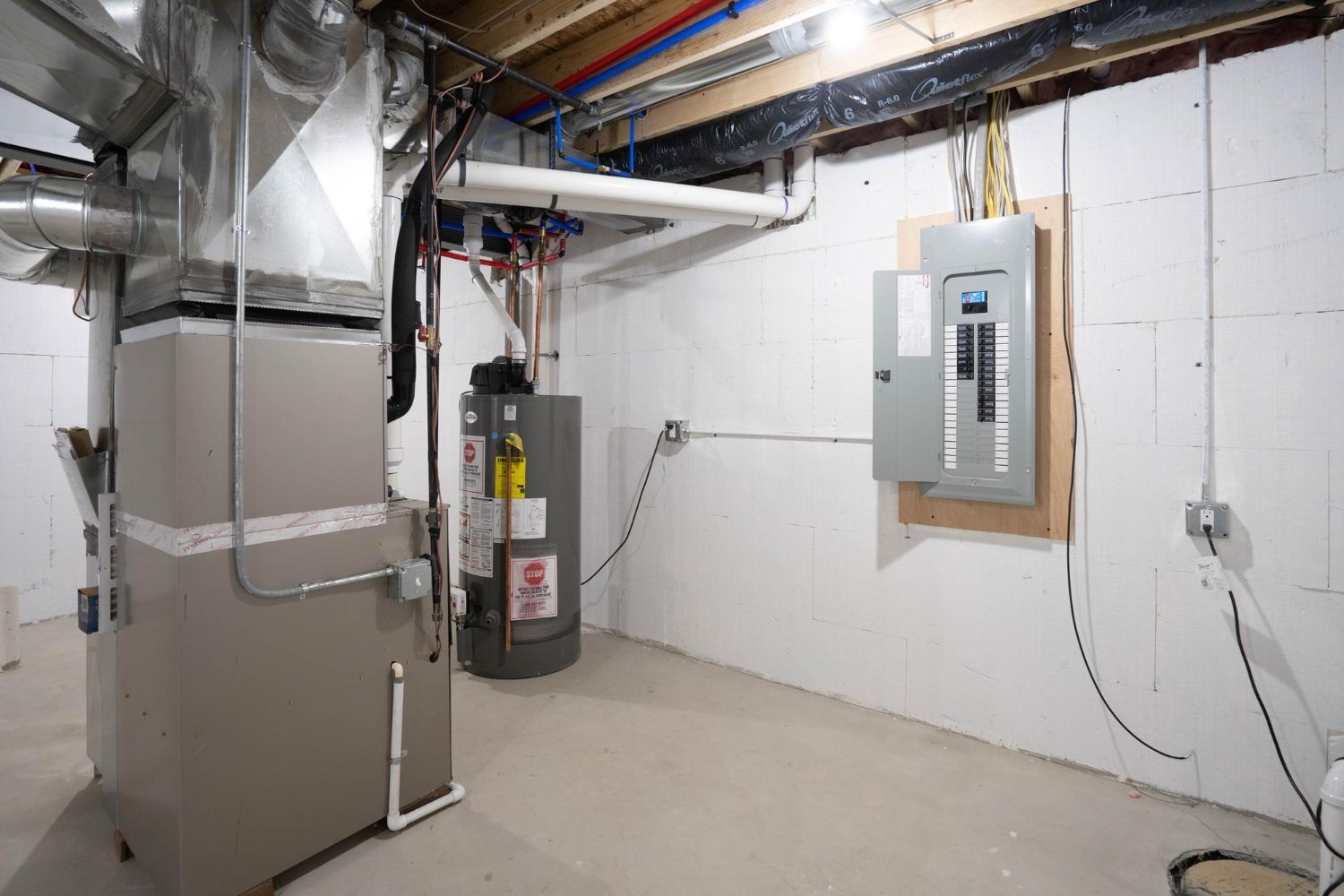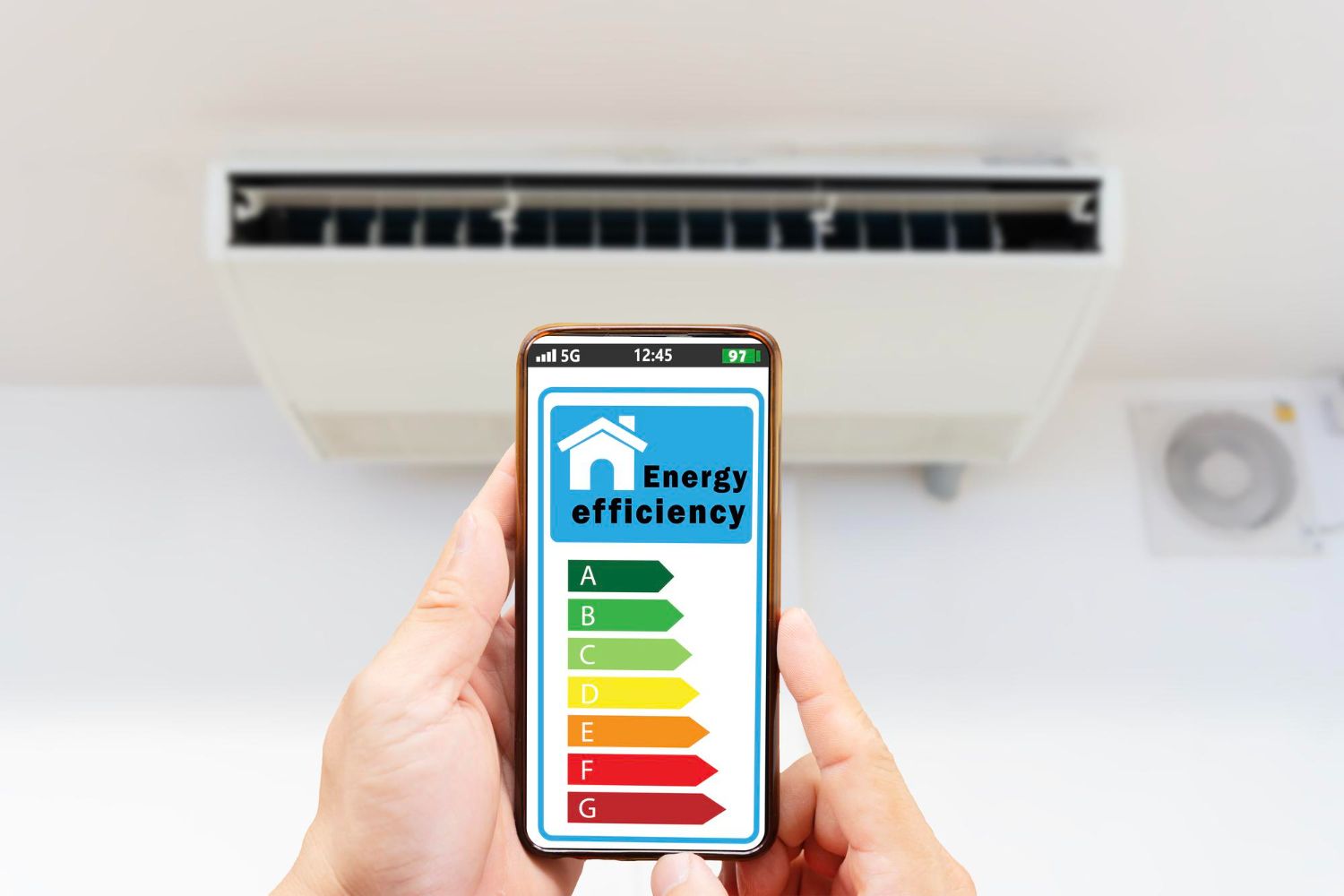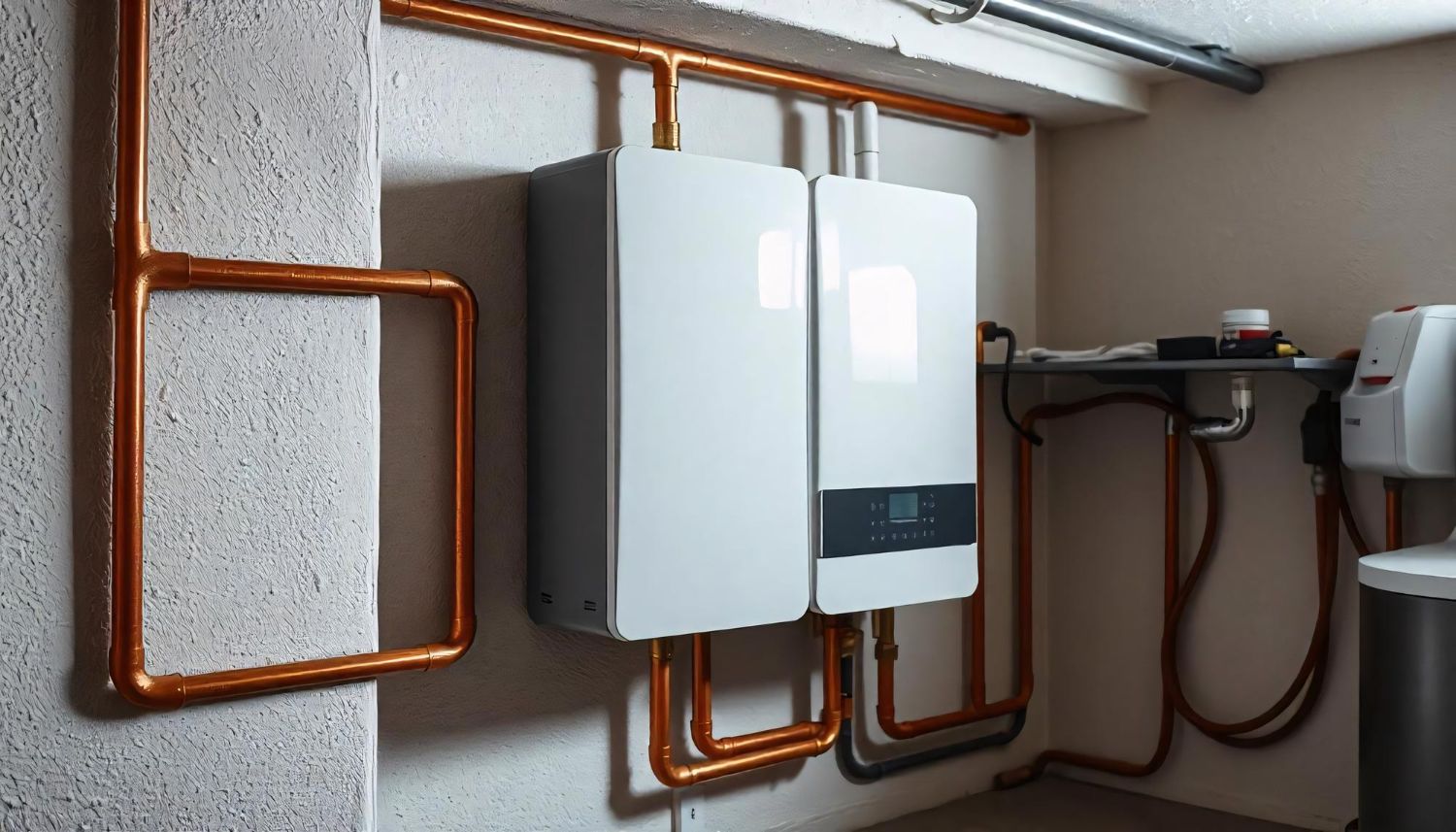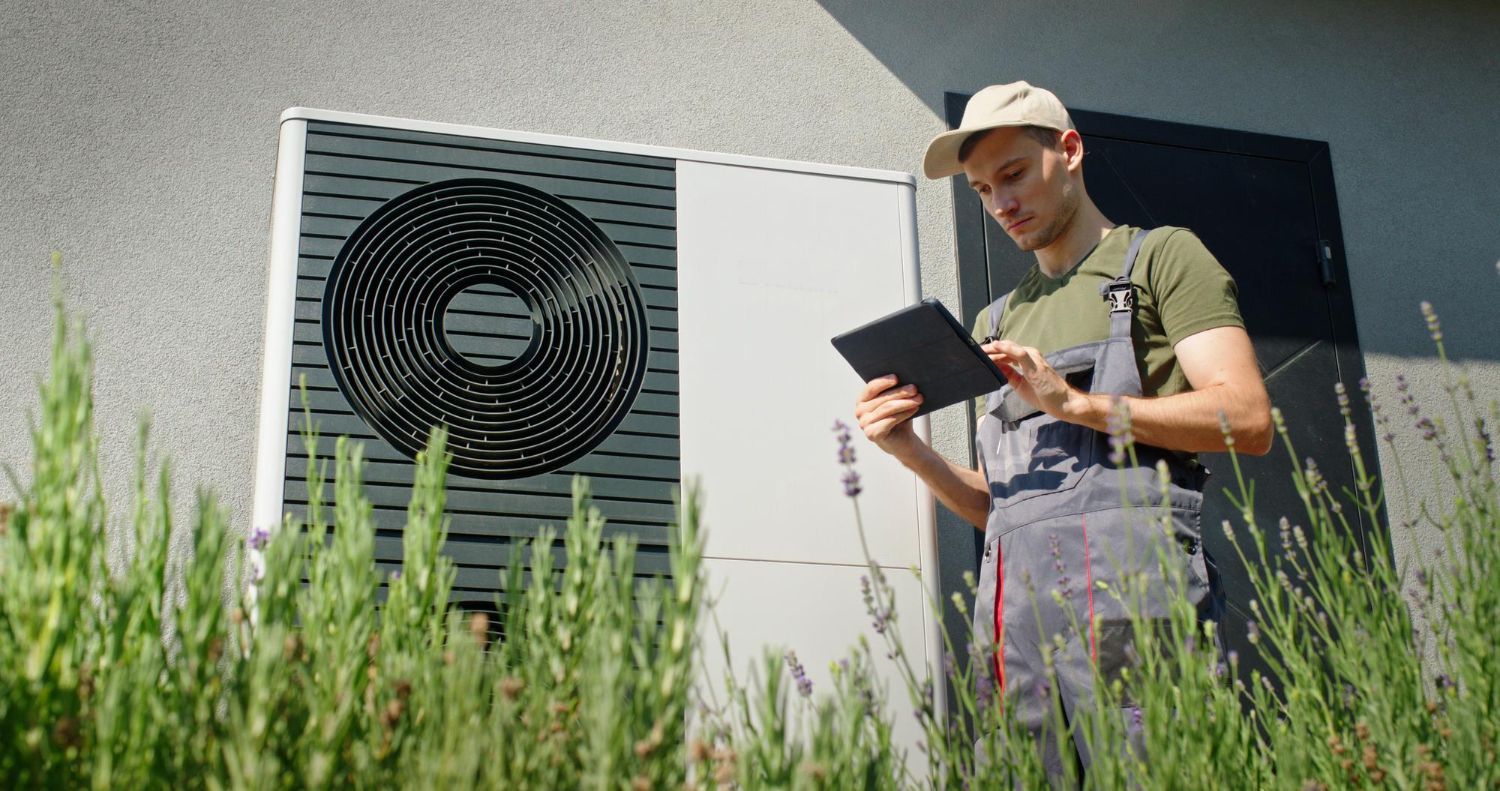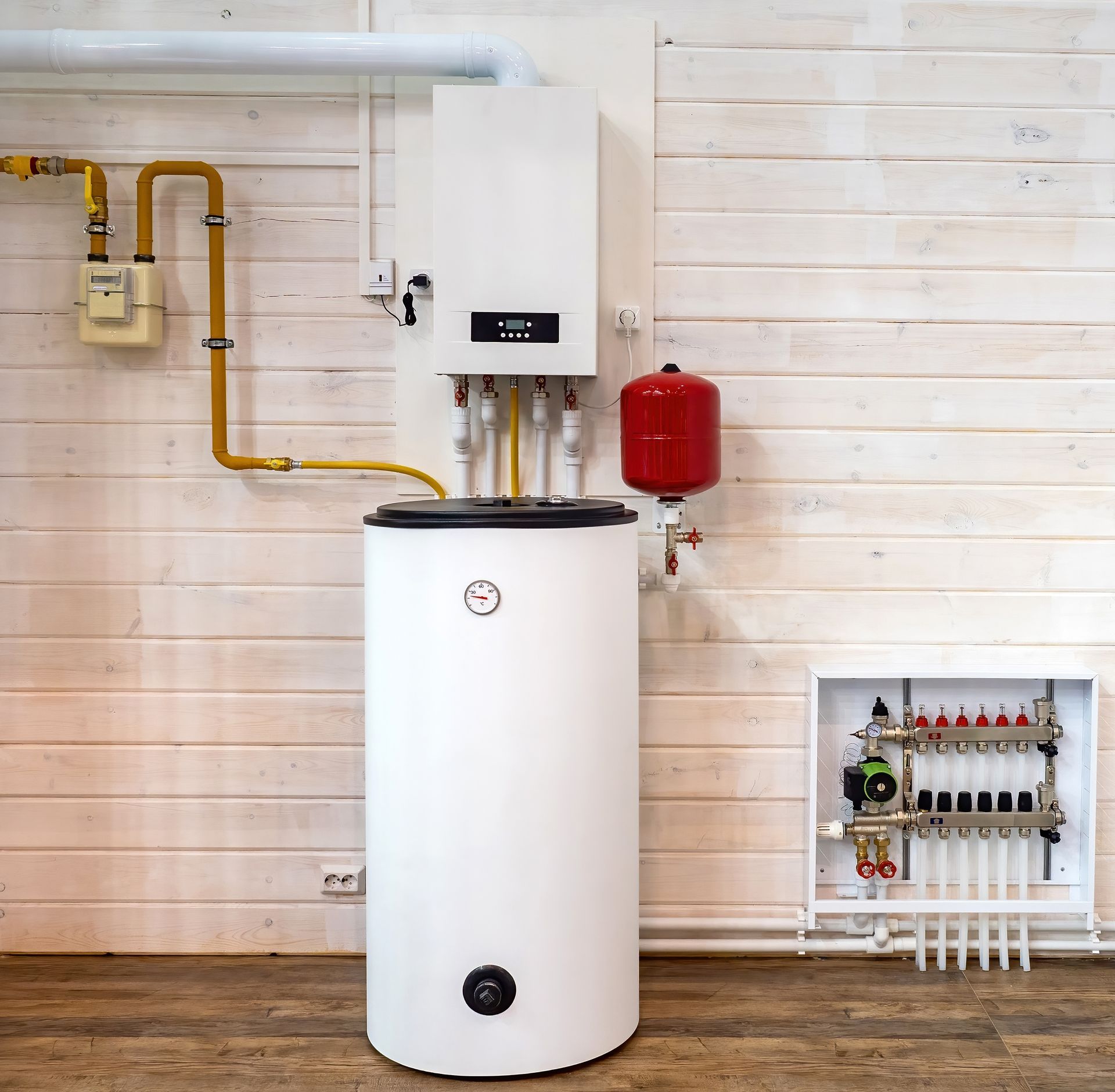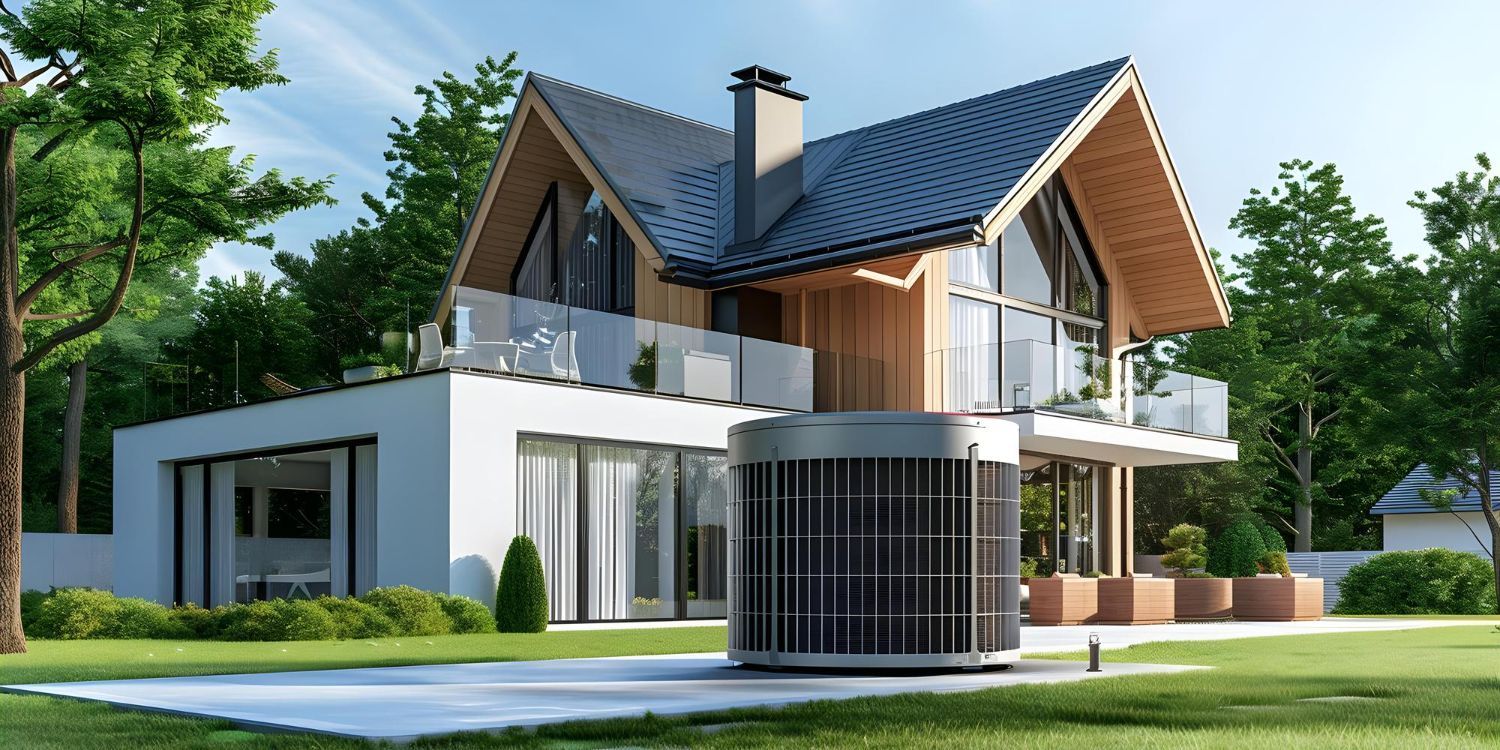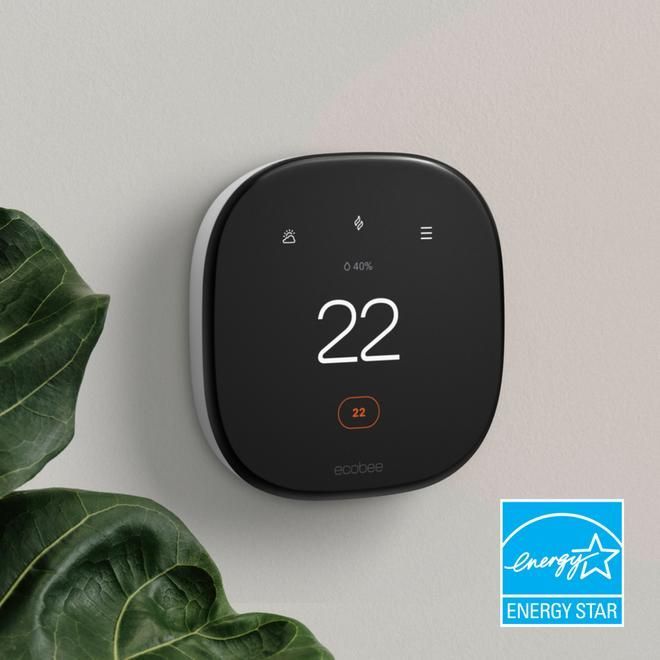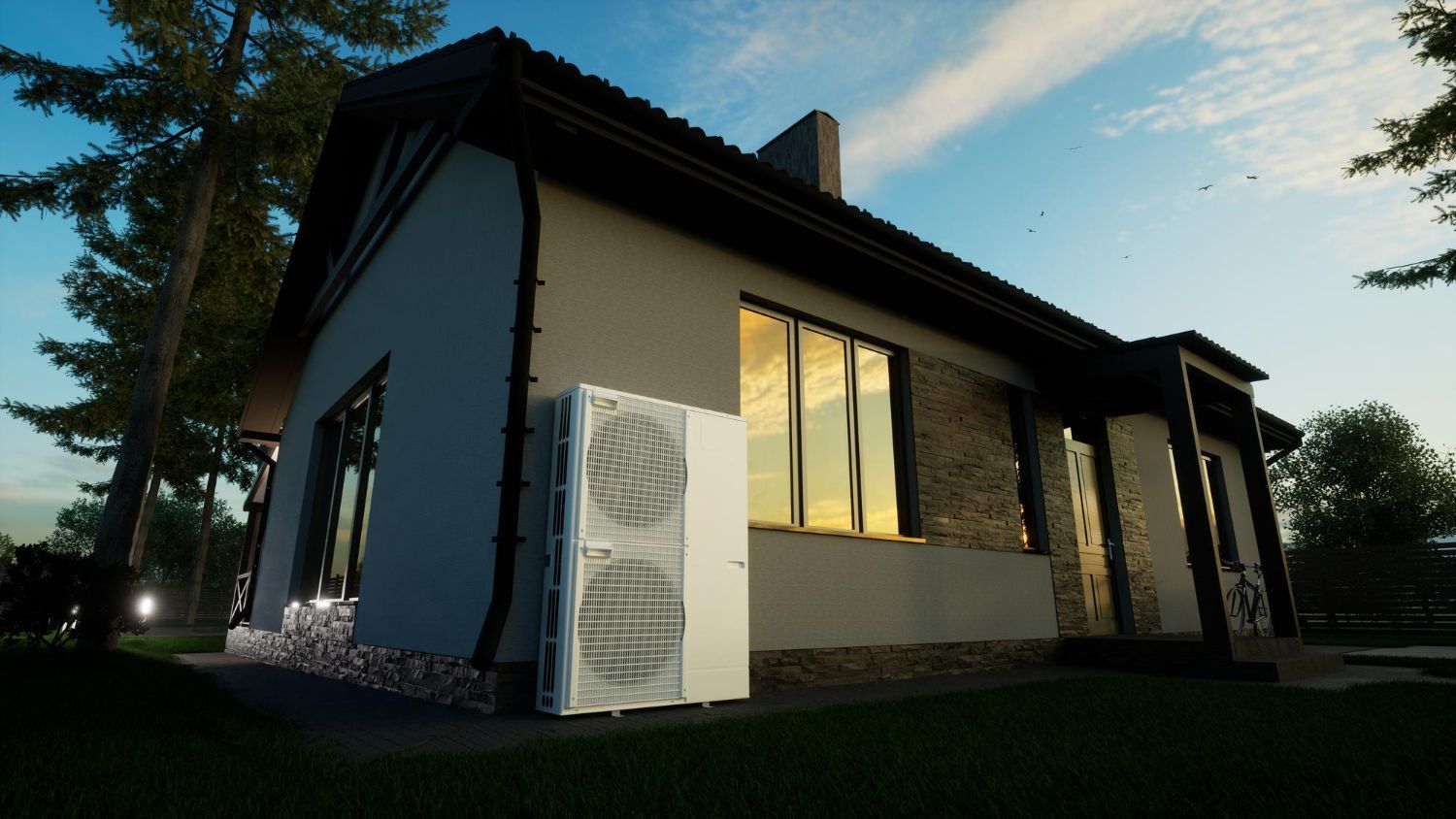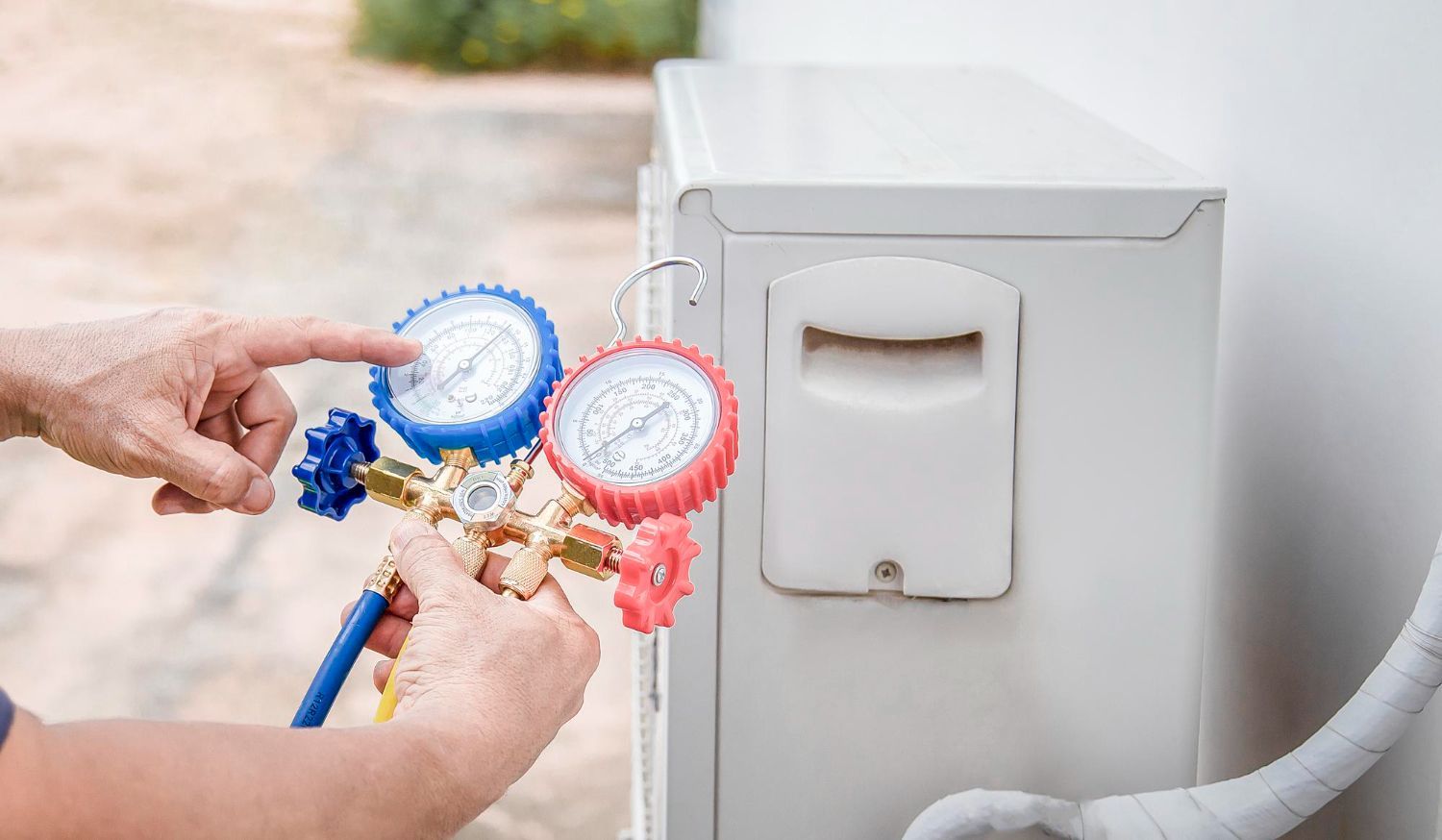The Importance of Ventilation Systems in Residential Spaces: FAQs Answered
When it comes to maintaining a comfortable and healthy home environment, most homeowners focus on heating and cooling as the primary components of their HVAC systems. However, an often-overlooked aspect is ventilation, which plays a crucial role in ensuring indoor air quality and overall well-being. At Airsense Mechanical, we understand the significance of proper ventilation systems and are here to answer some frequently asked questions to help you make informed decisions for your home.
What is a Ventilation System and Why is it Important?
A ventilation system is designed to exchange the indoor air with fresh outdoor air, controlling indoor temperature, humidity, and air quality. Proper ventilation prevents the buildup of pollutants such as dust, allergens, volatile organic compounds (VOCs), and moisture, which can lead to health issues like respiratory diseases and allergic reactions.
Ventilation is particularly crucial in homes built with energy efficiency in mind, as these homes are often sealed tightly to conserve energy. Without adequate ventilation, these homes can trap pollutants inside, leading to poor indoor air quality.
How Do Ventilation Systems Improve Indoor Air Quality?
Effective ventilation systems help reduce the concentration of airborne contaminants by consistently bringing fresh air indoors while expelling stale air. This process reduces the risk of respiratory problems and enhances cognitive function, creating a healthier and more comfortable living environment.
By controlling humidity levels, ventilation systems can also prevent mold growth, which is a common cause of allergies and respiratory issues. They promote a balanced air distribution throughout your home, ensuring that every room receives fresh air.
What Are the Different Types of Residential Ventilation Systems?
There are primarily four types of ventilation systems used in residential spaces:
1. Exhaust Ventilation Systems: These systems use fans to expel indoor air to the outside, drawing fresh air into the house through natural means or vents. They are more suited for cold climates.
2. Supply Ventilation Systems: These work oppositely, bringing outdoor air into the house using fans and creating positive pressure that pushes indoor air out through vents or leaks. They are ideal for warm climates.
3. Balanced Ventilation Systems: These provide an equal amount of incoming and outgoing air, usually through separate fans and duct systems. Heat Recovery Ventilators (HRV) and Energy Recovery Ventilators (ERV) are advanced balanced systems that efficiently transfer heat or moisture between incoming and outgoing air streams.
4. Energy Recovery Ventilators (ERVs) and Heat Recovery Ventilators (HRVs): These systems not only balance the air exchange but also recover energy to pre-condition the incoming air, increasing energy efficiency.
How Often Should Ventilation Systems Be Maintained?
To ensure optimal performance and longevity, ventilation systems require regular maintenance. At Airsense Mechanical, we recommend getting your systems checked every 6 to 12 months. This proactive approach helps prevent system failure, reduces health risks, and lowers energy costs. Regular inspections will catch issues such as unusual noises, reduced airflow, or increased dust accumulation before they lead to more significant problems.
What are the Signs of Ventilation Problems?
Several indicators may signal ventilation issues in your home, including:
- Persistent moisture on windows and walls, indicating high humidity levels.
- Unpleasant odors that linger, suggesting poor air exchange.
- High levels of dust, which may mean that filters or exhausts aren’t functioning properly.
- Respiratory discomfort or increasing frequency of colds and allergies among household members, indicating poor air quality.
How Does Proper Ventilation Reduce Energy Costs?
By ensuring efficient air exchange, ventilation systems help your heating and cooling equipment to work more effectively and use less energy. When your home maintains a consistent temperature without the HVAC system overworking, you save on energy bills. Moreover, integrating systems like HRV and ERV can recover up to 80% of the energy from outgoing air, significantly reducing overall energy costs.
Enhance Your Home’s Comfort with Airsense Mechanical
At Airsense Mechanical, we provide tailored ventilation solutions that not only meet but exceed your expectations. Our skilled professionals use cutting-edge technology to design and install systems that enhance your living space’s comfort and efficiency. We are committed to creating healthier environments by reducing common pollutants and fostering improved indoor air quality.
Say goodbye to poor indoor air quality and hello to a healthier, fresher living space. Contact Airsense Mechanical today to discuss your ventilation needs and let our experts transform your home into a comfortable and breathable haven. Experience the AirSense difference and enjoy the peace of mind that comes with knowing your family’s health and comfort are in good hands.

